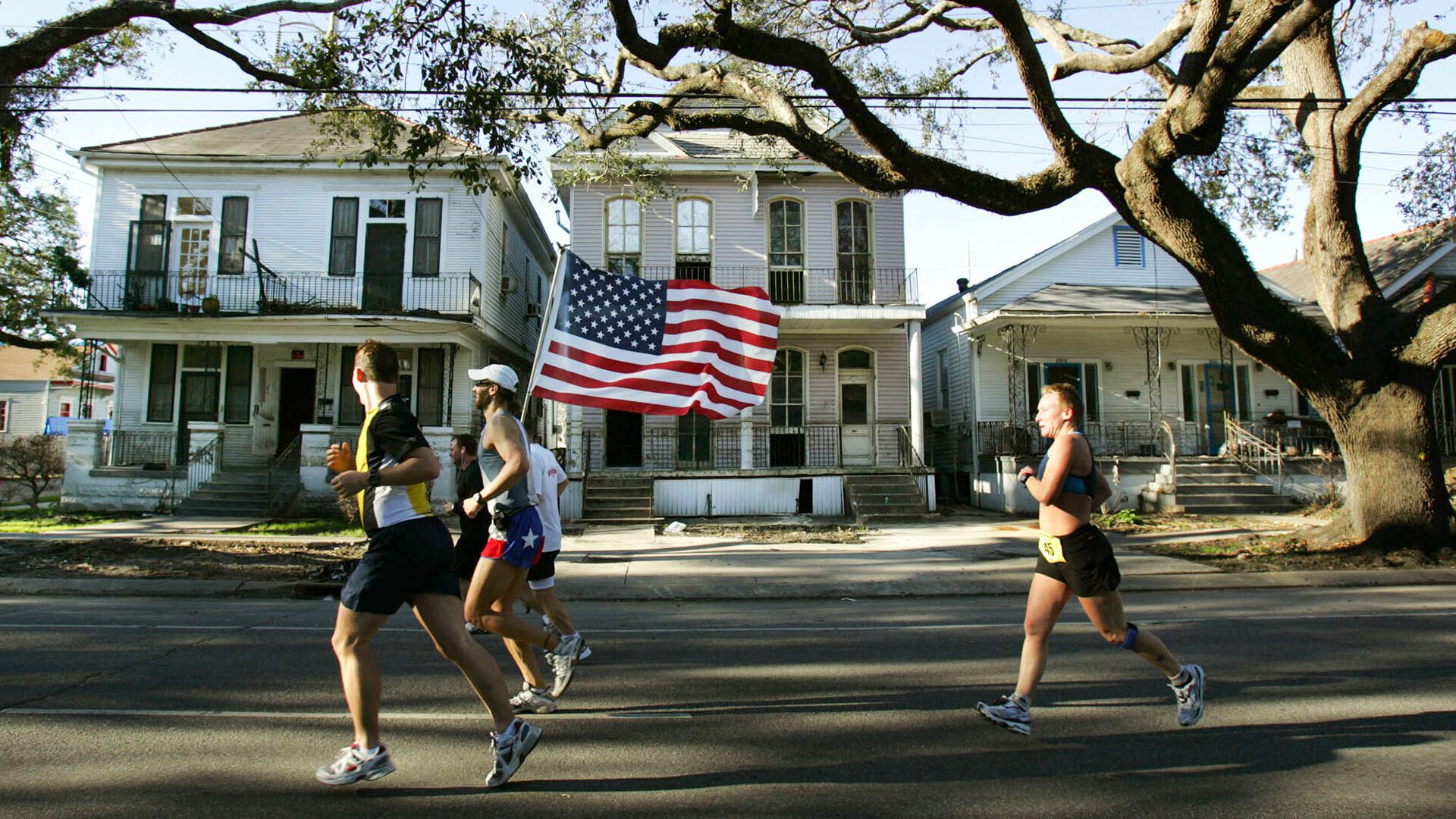- May 27, 2020
- By Kaitlin Ahmad
Americans’ charitable behavior has soared, then plummeted after recent national crises, according to a report released today by the University of Maryland’s Do Good Institute that offers insight into how the COVID-19 pandemic may change the country’s civic life.
“The incredible challenges of this pandemic will likely spark greater desires for generosity and community engagement—and recent history of past crises suggest a charitable surge could be quite significant,” said Nathan Dietz, senior researcher in the Do Good Institute in the School of Public Policy and co-author of the report. “We must figure out how to maintain or grow any surge in charitable and civic activity that we are fortunate enough to experience to support recovery across the nation.”
For the past several months, the world has struggled with the economic and social impacts of COVID-19, with the nonprofit sector being hit especially hard. This new analysis aimed to better understand how people might give their time and dollars to charitable efforts, given their responses to three recent natural and economic disasters: the attacks of Sept. 11, 2001, Hurricane Katrina and the Great Recession. It incorporated data collected over 15 years by the U.S. Census Bureau and the Bureau of Labor Statistics. Key findings include:
- Charitable behaviors—specifically, volunteering with an organization, giving to charity, working with neighbors to fix or improve something in the community, and attending public meetings where community issues were discussed—rose during the years following a crisis, including in the areas most heavily affected.
- Over 15 years, the percentage of adults who volunteered reached their highest-ever levels nationally, and in the New York City metropolitan area, in the years after 9/11 (2003-05).
- Metro New Orleans exhibited a surge in informal charitable behavior (working with neighbors to fix or improve something) and civic behavior (attending public meetings) in the years after Katrina. Participation rates peaked for these activities even through the Great Recession and remained high into the early 2010s.
- In 2006, the national U.S. volunteer rate suffered its first large and statistically significant decline, falling by more than two percentage points to 26.7%, representing the loss of 5 million volunteers.
- Participation rates for all four charitable and civic activities identified above declined significantly in the years following the Great Recession, both nationally and in New Orleans and New York City, where the rates surged in the aftermath of a crisis or natural disaster.
“In the past, we missed the opportunity to transform Americans’ increased ‘do good’ behaviors into a new normal,” said Bob Grimm, director of the Do Good Institute and co-author of the report. “If COVID-19 motivates more people to help their neighbors and communities, we should work together to avoid repeating history and keep that momentum going.”
While it’s uncertain how the economic recovery from COVID-19 will play out, another recent analysis showed that during and following the Great Recession, many nonprofit organizations experienced small declines in revenue, but greater demand for services, and that organizational closures rose only slightly during the recessionary period compared to before or afterward.
“During the recession, many organizations adapted by changing their revenue model—for instance, by relying less on charitable contributions and more on earned income,” added Dietz.
To harness Americans’ desire to help now, he said, organizations should consider providing virtual volunteer opportunities, expanding income-potential efforts or building new partnerships among other adaptations to support communities’ speedy and equitable recovery.
Topics
ResearchTags
ResearchUnits
School of Public Policy